In May, Poland’s university cities pulse with an energy that is uniquely youthful, creative, and defiant. The Juwenalia festivals, a centuries-old tradition, transform urban spaces into vibrant hubs of student-led celebration, protest, and innovation. Far more than mere parties, these festivals are a cultural institution that weave together threads of history, resistance, and civic engagement, offering a lens into Poland’s past and a vision for its future. This article delves into the multifaceted world of Juwenalia, exploring its historical roots, political significance, economic impact, and role in fostering student leadership and community. Through a detailed examination of its evolution, key moments, and contemporary manifestations, we uncover the hidden truths and transformative power of this remarkable tradition.
Origins and Evolution of Juwenalia
Medieval Beginnings: A Scholarly Carnival
The Juwenalia festivals trace their origins to medieval Europe, where universities were semi-autonomous communities with their own customs and rituals. In Poland, the tradition took root in the 15th century at Jagiellonian University in Kraków, one of the oldest universities in Europe. Students organized processional performances featuring musicians, mimes, and satirical skits, often under the banner of a temporary “student republic.” A notable example is the song Breve regnum erigitur, sung during Kraków’s annual week of student rule, where hierarchies were inverted, and students elected their own “king” to symbolically govern the university.
These early celebrations drew inspiration from ancient Roman festivals like the Bacchanalia and Saturnalia, which suspended social norms and allowed for playful subversion. Medieval carnivals, with their emphasis on role reversal and communal revelry, also left their mark. Juwenalia thus emerged as a hybrid of academic tradition and festive inversion, reflecting the special status of university communities in European society.
The Modern Juwenalia: A Post-War Renaissance
The modern form of Juwenalia crystallized in 1964 during celebrations marking the 600th anniversary of Jagiellonian University. Students processed from Wawel Castle to Kraków’s Main Square under the slogan “From Casimir the Great to Casimir the Better,” honoring both the university’s founder, King Casimir III, and its then-rector, Professor Kazimierz Lepszy. This event not only revived the medieval tradition but also adapted it to a new era, spreading rapidly across Poland’s university cities.
The festivals’ ability to blend tradition with contemporary needs has been key to their endurance. They incorporate elements of ancient festivals, medieval carnivals, and modern student activism, creating a cultural vocabulary that resonates across generations. This adaptability proved particularly significant during Poland’s communist era, when Juwenalia became a platform for subtle resistance against authoritarian control.
Juwenalia Under Communism: A Space for Dissent
Navigating Censorship Through Symbolism
During the communist period (1945–1989), public expression in Poland was heavily censored, and student gatherings were viewed with suspicion by the regime. Yet Juwenalia thrived, largely because suppressing a beloved tradition would have carried significant political costs. Students leveraged the festival’s traditional elements—costumes, performances, and slogans—to embed political commentary that was ambiguous enough to evade censorship but clear to those in the know.
James Scott’s concept of “hidden transcripts” is particularly relevant here. Students used humor, satire, and metaphor to convey dissent, creating messages that were both subversive and deniable. For example, parade costumes might mock government officials through exaggerated caricatures, while songs and skits alluded to political repression without directly naming it. This creative dissent allowed Juwenalia to serve as a pressure valve, releasing tensions while fostering a sense of solidarity among students.
The Black March of 1977: A Turning Point
The most pivotal moment in Juwenalia’s history occurred on May 7, 1977, when Stanisław Pyjas, a 24-year-old Jagiellonian University student, was found dead in a Kraków stairwell. Officially deemed an accident, his death was widely believed to be a murder orchestrated by the Służba Bezpieczeństwa (SB), the communist secret police, due to Pyjas’s activism with the Workers’ Defence Committee (KOR).
Pyjas’s death galvanized the student community. Within hours, posters appeared across Kraków’s dormitories, urging students to wear black, observe mourning, and transform the upcoming Juwenalia into a protest. The result was the “Black March” or “Czarne Juwenalia” of May 15, 1977, where thousands of students, dressed in black and carrying black flags, processed silently through Kraków’s Old Town after a memorial Mass. The march culminated at Wawel Hill, where Pyjas’s friends publicly denounced the official cover-up and demanded justice.
CURSED (MURDERERS) You murdered the innocent student S. Pyjas with knives. You submissive donkeys, Russian lackeys – out of Poland, back to your Russian motherland! It was the SB (Security Service) that murdered him!
The Black March was a watershed moment, not only for Juwenalia but for Poland’s broader resistance movement. That night, ten students founded the Student Committee of Solidarity (SKS), the first independent student organization in communist Eastern Europe. The SKS predated the broader Solidarity movement by three years and laid the groundwork for organized student activism. As one participant reflected:
Staszek’s death was meant to scare us, but it created a different reaction – a process of overcoming fear.
Contemporary Juwenalia: Scale and Structure
A Student-Led Spectacle
Today, Juwenalia is a massive undertaking, with over 500 student volunteers in Kraków alone coordinating events across ten universities. The festivals span multiple cities—Kraków, Lublin, Wrocław, Gdańsk, and others—each with its own flavor but united by a commitment to student leadership and community. Events include multi-stage concerts, sports competitions, art exhibitions, quizzes, parades, and civic engagement initiatives, all organized under the ethos of “by students, for students.”
In Kraków, the Porozumienie Samorządów Studenckich Uczelni Krakowskich, established in 1997, coordinates efforts across institutions. Each student union appoints a Juwenalia Director, who oversees specialized teams handling logistics, artist relations, security, and waste management. The MS Patrol from Miasteczko Studenckie AGH, for instance, manages crowd control and clean-up, providing volunteers with practical skills in crisis management.
Diverse Events and Inclusive Spaces
Juwenalia’s calendar is packed with diverse activities designed to foster connection and creativity. In Kraków, the month kicks off with a light show transforming dorm windows into a visual spectacle, followed by a quiz, a Disco Roller Rink, and a Karaoke competition. Sports enthusiasts can join the Blacksmith’s Run or the Sports Festival, while the Juwe City Game sends teams racing through the Old Town to solve puzzles. Cultural events like the Artistic Evening (offering painting, crocheting, and ceramics) and the Outdoor Cinema cater to varied interests, ensuring broad participation.
Unlike many university traditions that reinforce hierarchies, Juwenalia is deliberately inclusive. It brings together students from different disciplines, year groups, and socioeconomic backgrounds, creating a temporary “student republic” where new social roles and relationships can be explored. As one organizer noted:
For those few days, we’re not competing – we’re all just students celebrating together. It’s like the walls between our universities come down.
The Carnivalesque: Power Reversal and Social Commentary
The Symbolic “Taking of the Keys”
At the heart of Juwenalia is the ritual where the city mayor hands over the “keys to the city” to students, a symbolic act rooted in Mikhail Bakhtin’s concept of the “carnivalesque.” This temporary inversion of hierarchies challenges established power structures while reinforcing social cohesion. Historically, the ritual carried subversive undertones, particularly during the communist era, when it symbolized broader democratic aspirations. Today, it celebrates student autonomy within Poland’s democratic framework, affirming the country’s trust in its youth.
The student parade that follows is a colorful spectacle, with costumes and floats often carrying satirical or political messages. In the communist period, these were “hidden transcripts,” conveying critique through allusion and metaphor. In modern Poland, the messages are more overt, addressing issues like environmental activism, social justice, and political debates. The parade transforms urban spaces into sites of student expression, asserting the right of young people to shape public discourse.
From Resistance to Civic Engagement
The organizational structures created for Juwenalia have long-lasting impacts beyond the festival period. The Student Committee of Solidarity, founded in 1977, evolved into a significant political force, with many members playing key roles in Poland’s democratic transition. Today, the skills developed through Juwenalia—coordination, communication, and coalition-building—translate into broader student activism and civic engagement. Volunteers learn to navigate complex logistics, negotiate partnerships, and engage with civic institutions, building “linking” social capital that connects them to broader societal networks.
Economic and Environmental Dimensions
Balancing Commercialization and Authenticity
Juwenalia’s scale requires significant funding, with budgets running into millions of PLN per institution. Revenue comes from university allocations, ticket sales, sponsorships, and local business partnerships. While commercialization is evident—sponsor logos adorn stages, and branded merchandise fills festival shops—students strive to maintain authenticity. As one External Cooperation Coordinator explained:
We’re selective about partnerships. We look for sponsors who understand and respect the cultural significance of Juwenalia, not just those with the biggest budgets.
The festivals also generate substantial economic benefits for host cities. The influx of visitors—students, alumni, families, and tourists—boosts demand for hotels, restaurants, and transportation, creating a multiplier effect. In cities like Kraków, where students form a significant portion of the population, Juwenalia is a major driver of local economic activity.
Environmental Responsibility
In recent years, environmental considerations have become a priority. Students organize additional street cleaning to maintain good relations with local communities and demonstrate environmental stewardship. The technical infrastructure, such as the 32-meter-wide main stage at the UJ Żaczek zone, is designed with sustainability in mind, incorporating energy-efficient lighting and sound systems. These efforts reflect a growing awareness among student organizers of their role as responsible citizens.
Juwenalia as a Learning Laboratory
Practical Skills and Professional Development
Juwenalia offers unparalleled opportunities for experiential learning. Volunteers manage budgets, negotiate contracts, coordinate teams, and develop crisis management protocols, gaining skills that are difficult to acquire in traditional academic settings. For example, a logistics coordinator described applying project management theories under real-time pressure:
The theoretical frameworks make sense only when I have to apply them under pressure. The case studies… they cannot replicate the feeling of solving problems when thousands of people are waiting for a concert to start.
These experiences translate directly into career opportunities. Juwenalia volunteers often secure roles in event management, marketing, public relations, and arts administration, leveraging their practical skills and professional networks. The festival also fosters interdisciplinary learning, with marketing students managing social media campaigns, engineering students overseeing stage construction, and economics students handling financial reporting.
Personal Transformation and Community Building
Beyond professional skills, Juwenalia facilitates personal growth. Volunteers discover and develop capabilities they didn’t know they had, such as leadership, communication, and resilience. A Promotion Coordinator, once self-described as “very shy,” credited Juwenalia with transforming her confidence and career aspirations:
I think that Juwenalia has made me develop communication skills I didn’t think I had. I am thinking about careers I would never have thought of before.
For attendees, Juwenalia creates moments of “collective effervescence,” a term coined by sociologist Émile Durkheim to describe the heightened emotional energy of shared rituals. Singing with thousands of peers during a concert, as one student described, fosters a sense of belonging that counters the isolation of modern academic life:
Singing with six thousand people, in beautiful weather, on campus at the best time of their lives – that’s the experience!
Juwenalia and Civic Culture
Engaging with Urban Governance
Juwenalia’s relationship with host cities is complex, balancing disruption with collaboration. The symbolic “taking of the keys” recognizes students as legitimate stakeholders in urban governance, a gesture that resonates with mayors who often participated in Juwenalia as students themselves. Organizers work closely with police, city guards, and fire services months in advance, developing detailed security and logistics plans. These interactions provide students with practical experience in civic engagement, building trust and cooperation with local institutions.
From the city’s perspective, Juwenalia showcases educational institutions, attracts visitors, and enhances urban culture. The festivals also serve as recruitment tools, offering prospective students a glimpse of vibrant student life and fostering intergenerational connections. Remarkably, negative press coverage of Juwenalia is rare, reflecting its broad acceptance as a cultural and civic asset.
Contrasting with UK Student Culture
In contrast, student celebrations in the UK, such as May Balls, often reinforce elitism and exclusivity. Rooted in Oxbridge traditions, these events feature lavish parties, black-tie dress, and high costs, creating barriers to participation. Juwenalia, by contrast, is inclusive, affordable, and focused on subverting hierarchies rather than reinforcing them. The UK’s broader student culture has also seen a decline in large-scale, student-led events, possibly due to rising costs, health and safety regulations, or the professionalization of student unions. This absence highlights Juwenalia’s unique role in sustaining a vibrant, participatory student culture.
The Broader Impact: Student Foundations and Mutual Aid
Reviving Mutual Aid Traditions
Juwenalia’s ethos of student-led initiative extends to broader structures like the Jagiellonian University Students and Graduates Foundation, established post-1989 to revive 19th-century traditions of student mutual aid. Funded through residence halls and donations, the foundation offers scholarships, employment opportunities, and support for students facing financial hardship. It also co-finances academic projects, cultural events, and international exchanges, governed collaboratively by students and academic staff.
Similarly, the ACADEMICA Foundation at AGH University of Science and Technology manages cultural initiatives, student facilities, and Poland’s largest student nightclub. Employing over 500 students and facilitating 3,000 volunteer roles, ACADEMICA exemplifies how student-led organizations can provide professional services while fostering community and creativity.
Challenging the Culture of Dependency
In the UK, a culture of charity often assumes students are passive recipients of services, with universities and student unions taking on the role of providers. This approach, while well-intentioned, can stifle student agency and creativity. Juwenalia, by contrast, demonstrates the power of “letting go”—creating structures where students can take control, innovate, and build community. As Magdalena Herman, President of Jagiellonian’s student union, reflected:
And I have to tell you that when I look at all these people, and I’m like, whoa, we did this all by ourselves? And we are only 24 years old, you know? And we’re like, how? God, damn, we’re great.
Conclusion: The Soul of Student Culture
Juwenalia is more than a festival; it is a living testament to the resilience, creativity, and leadership of Poland’s students. From its medieval origins to its role in resisting communist oppression, it has evolved into a multifaceted institution that fosters community, civic engagement, and personal growth. By blending tradition with innovation, celebration with dissent, and individual expression with collective identity, Juwenalia offers a model for student culture that is inclusive, transformative, and deeply rooted in place.
As universities worldwide grapple with challenges like student isolation, financial pressures, and declining civic participation, Juwenalia provides a compelling case study. Its success lies in its trust in students—not as passive consumers but as active architects of their own communities. In a world where higher education often prioritizes metrics over meaning, Juwenalia reminds us that the true value of a university lies in the creativity, solidarity, and agency of its students.



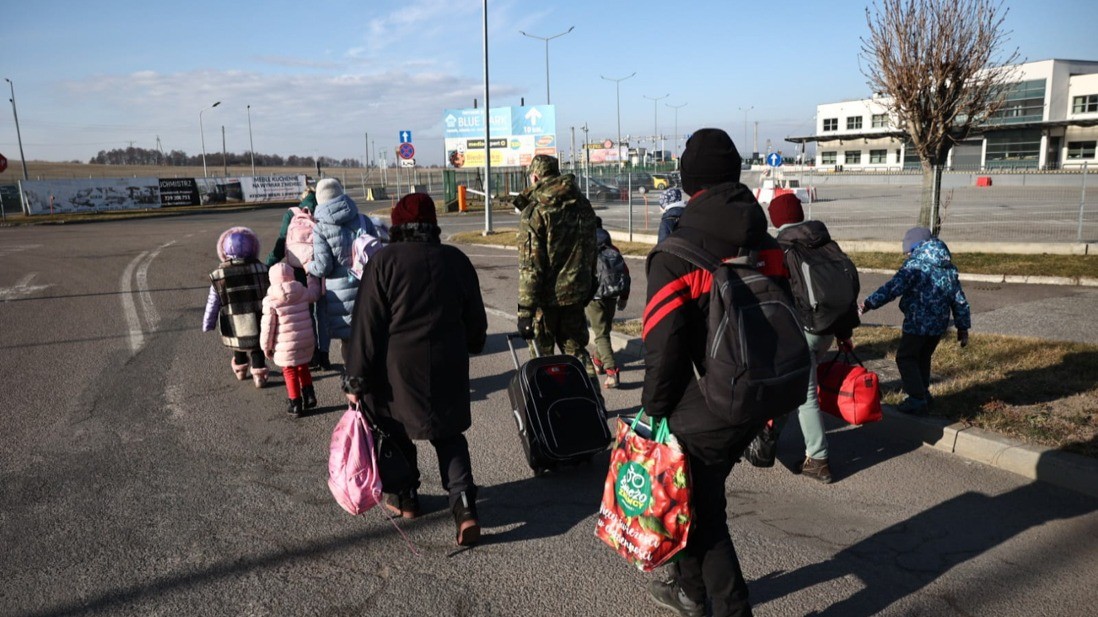





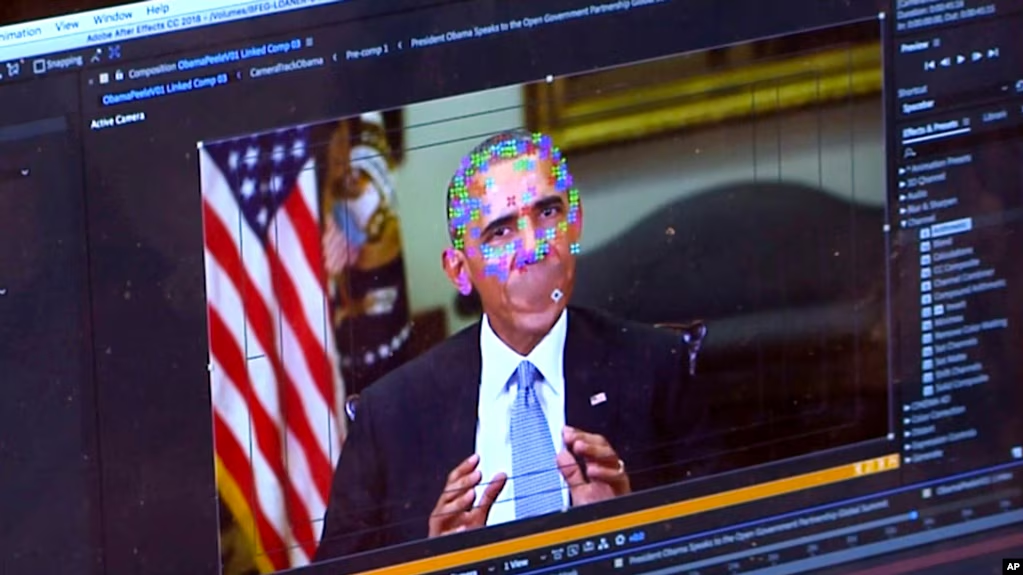


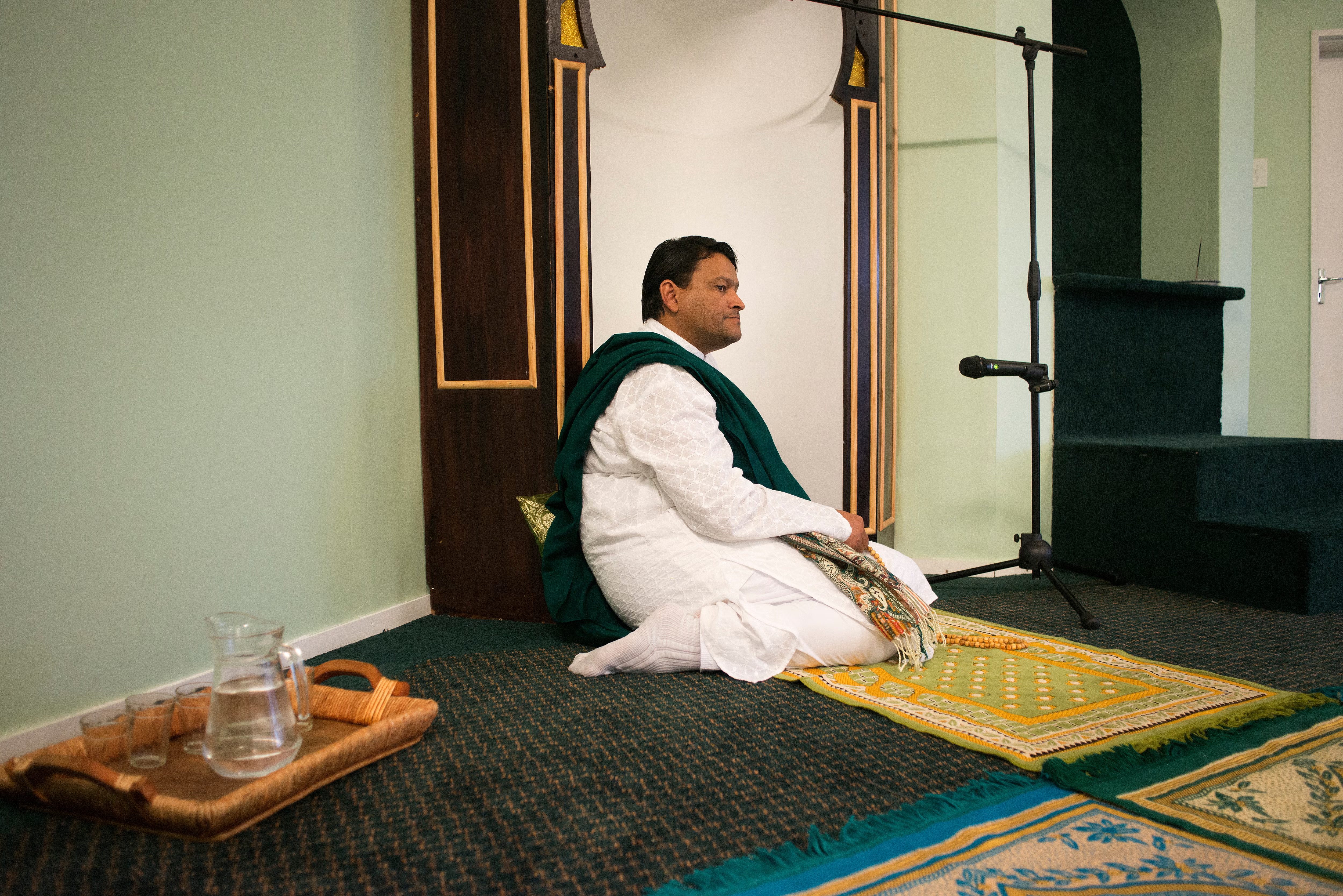






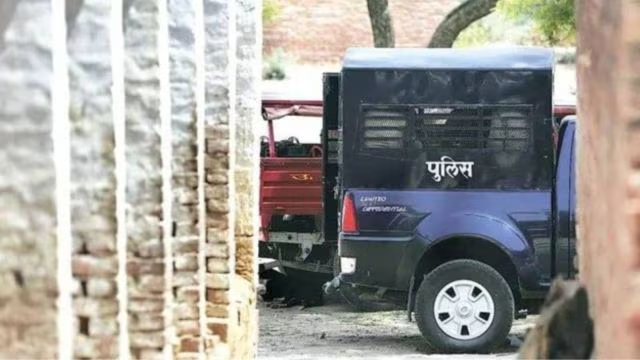

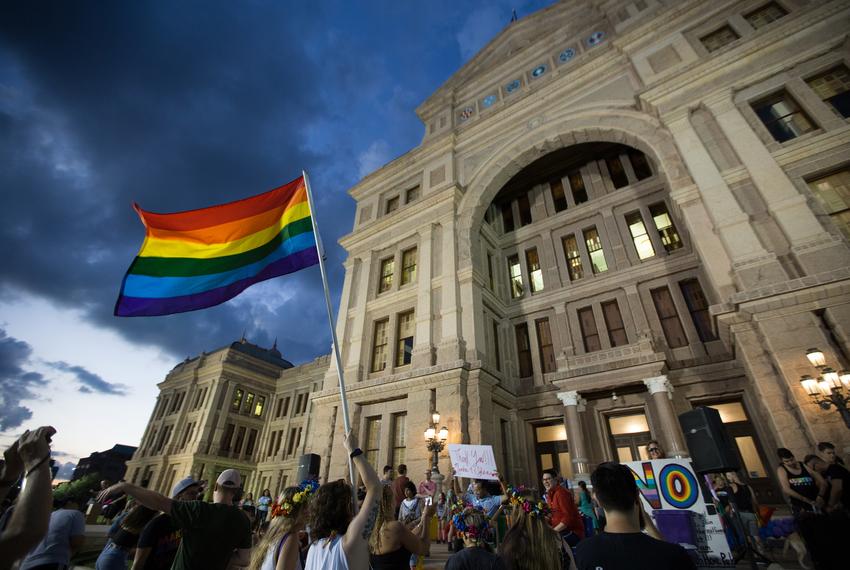
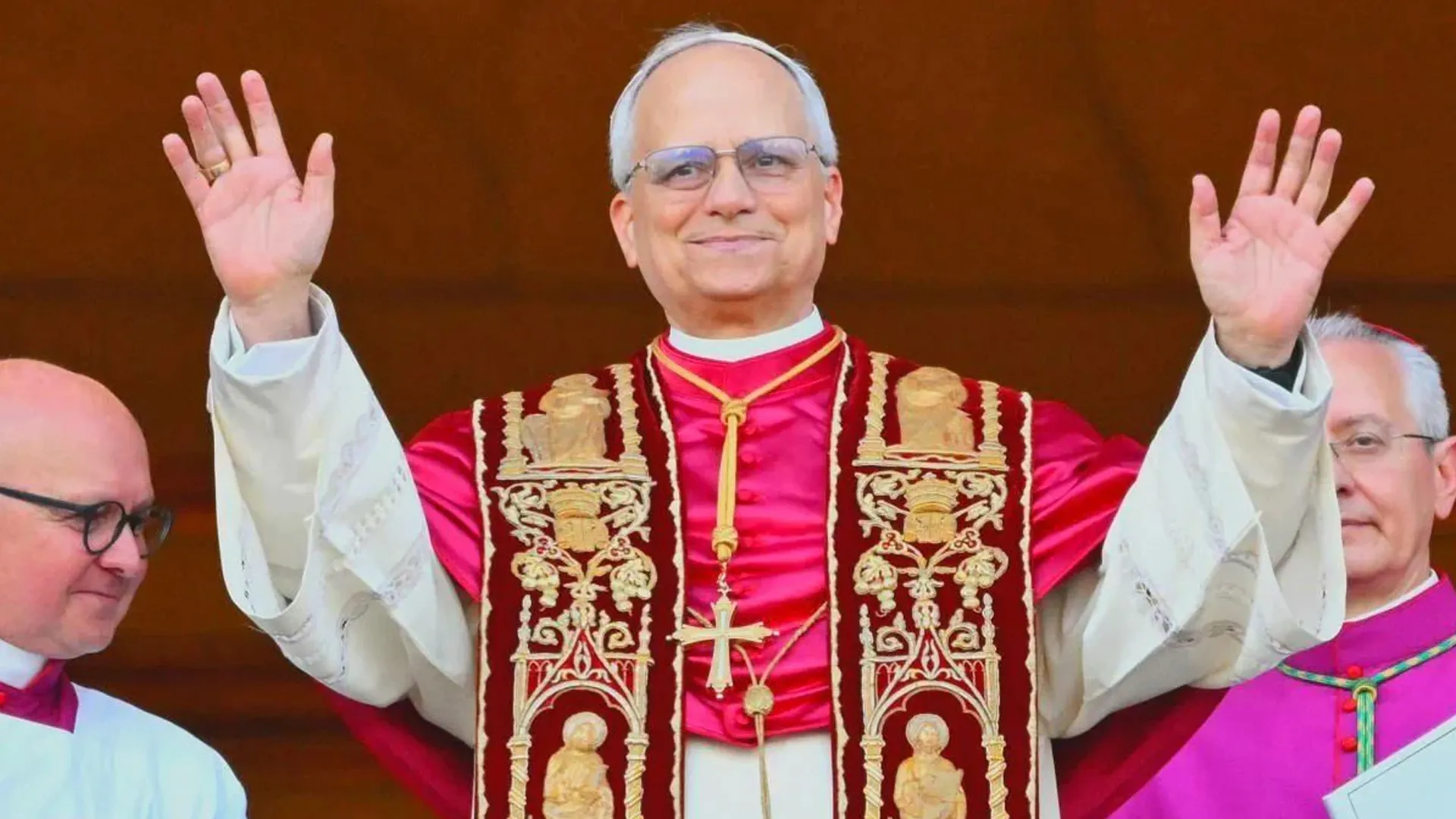
0 Comments